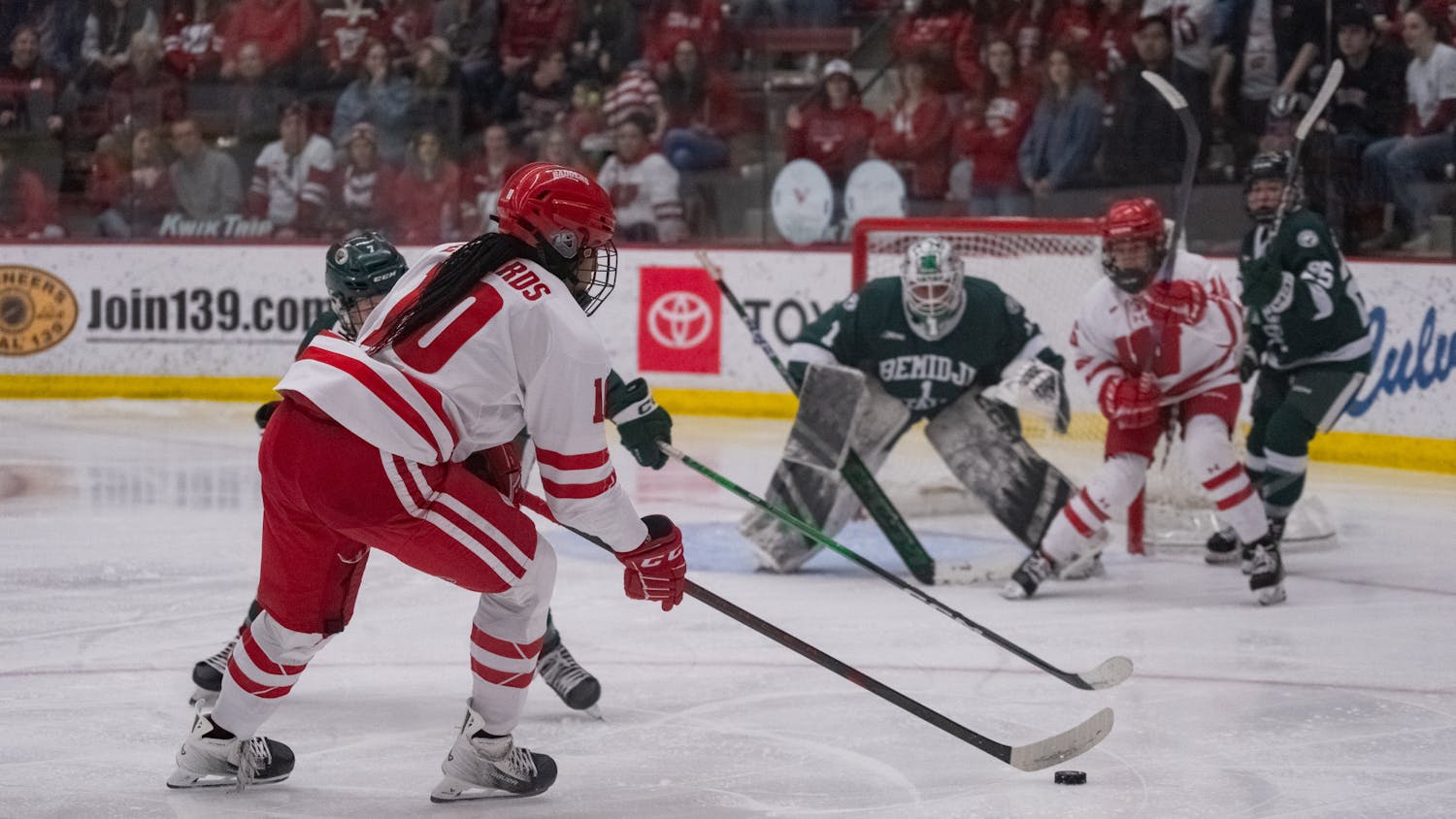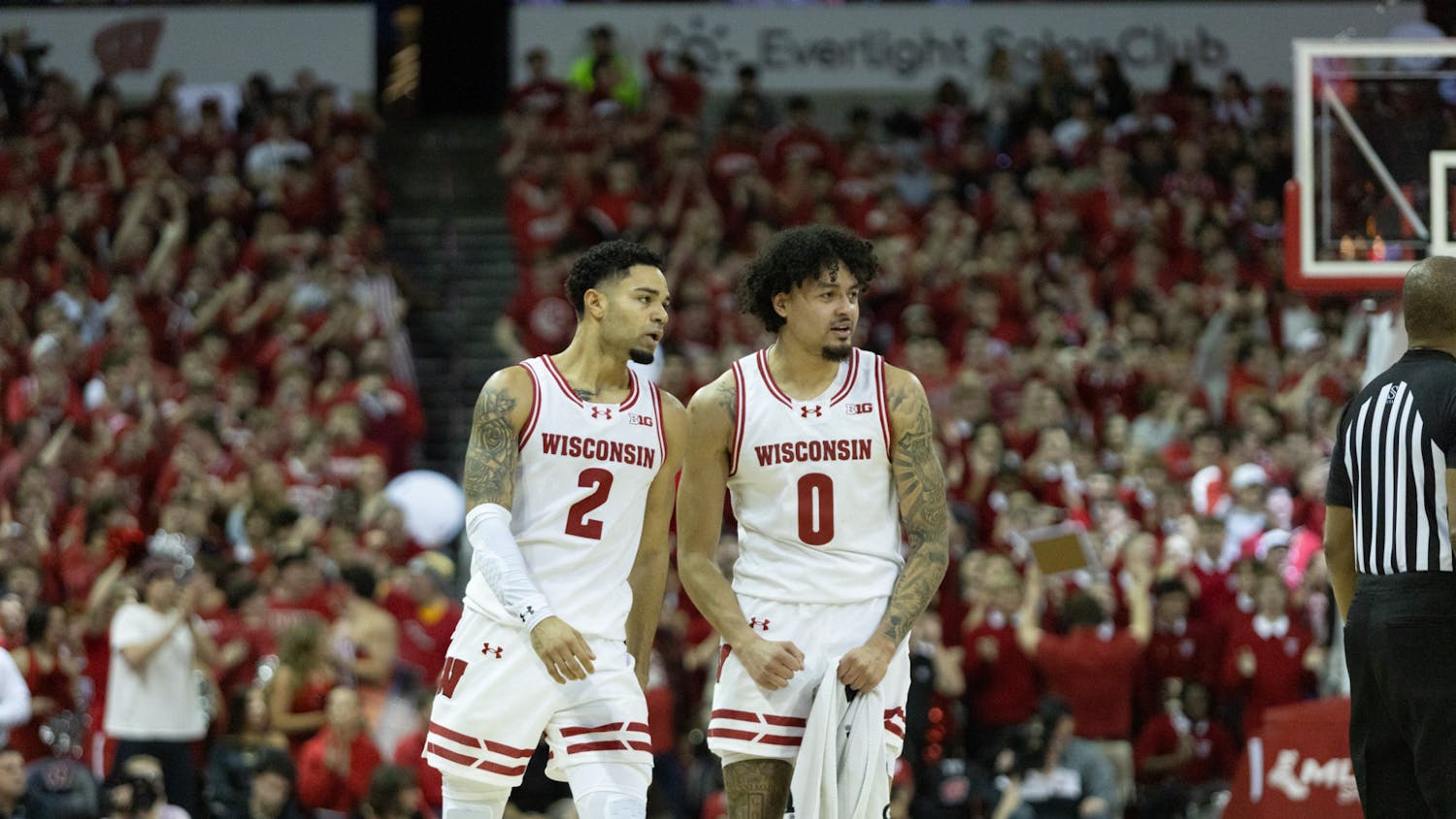University of Wisconsin-Madison students accused Chancellor Jennifer Mnookin of chilling dissent and limiting student oversight at an Associated Students of Madison (ASM) meeting that turned sour Wednesday, shouting “shame” at her as she exited the room.
Mnookin defended university regulations and promised to review reporting gaps in animal research as students questioned her on research ethics, campus protest rules and financial choices in a meeting that turned tense, one of only a few where the student body can directly question campus administration.
Student speaker Omalley Thompson, at the end of the open forum, asked about divestment and disclosure from companies tied to Israel’s military. Mnookin said UW-Madison does not directly control its external investments, which are managed by the University of Wisconsin Foundation and UW Trust Funds, and said tuition dollars are not used in those funds.
“I genuinely appreciate the passion that you bring to this issue and others on our complex, diverse campus, and I hope that we give you the tools to go be fierce advocates for the things that you believe in, because that is part of what a great university like ours needs to do,” Mnookin said, concluding her time at the ASM meeting.
As the chancellor exited, some students yelled “shame” continuously and repeated demands that she had a “legal and moral obligation to disclose financial information.”
“Engagement around our differences is precisely part of what the college experience should offer. So I feel incredibly grateful to be at an institution like this with such breadth and such excellence and so many opportunities,” Mnookin said toward the beginning of the meeting, opening the floor to questions and concerns from students.
UW-Madison spokesperson John Lucas told The Daily Cardinal in an email the majority of students did not berate Mnookin.
"I thought it was a polite and constructive discussion until the final 3 minutes," Lucas said.
Students also pressed Mnookin on animal research ethics and protest policy.
Student speaker Ryan Blum raised concerns about peers working in animal research labs who feel unsafe reporting alleged mistreatment. Mnookin acknowledged the complexity of animal research and said the university follows “regulatory structures,” adding she’d ask her team to review reporting options for clarity.
Another student, Ashton Thiele, challenged UW’s protest and free speech rules, specifically those that prohibit signs greater than three by three feet within 25 feet of a university building.
Mnookin defended the guidelines, saying “reasonable time, place and manner restrictions are not inconsistent with free speech.” She said in “complicated environments” like UW-Madison, those restrictions are “part of the underlying structure of how we protect free speech.”
On the topic of free speech, students also objected to recent changes in the Registered Student Organization Code of Conduct, which shifted the final ruling body on registered student organization conduct violation accusations from a board of students, staff and faculty to the Dean of Students.
Mnookin deferred to Vice Chancellor of Student Affairs Lori Reesor to address the issue, who explained the changes were part of a broader effort to streamline processes and make student organization processes more efficient.
“Part of the rationale is to help balance some of the different perspectives of students in these kinds of cases, and looking at risk of the institution, risk for students and risk for safety,” Reesor said.
Student speaker Sidney McDuffie criticized the decision to close the Division of Diversity, Equity and Education Achievement (DDEEA), which the university announced in July. Most of its functions and staff were reassigned to other units — such as the Office of Human Resources and institutional research — while eliminating a small number of support roles.
Core student-support programs previously under DDEEA, including scholarship programs and cultural centers, remain unchanged.
Mnookin said that while DDEEA programs were important, they served only a small fraction of underrepresented students, and the university is working to provide broader support.
Other questions focused on reduced library hours caused by budget cuts. Mnookin said the university would consider if financial constraints persist in the interest of the student experience.
Editor's note: This story was updated at 9:17 p.m. to include comment from John Lucas and indicate only some students yelled "shame" at the chancellor.
Alaina Walsh is the city news editor for The Daily Cardinal. She formally served as the associates news editor and has covered breaking news on city crimes, a variety of state and campus issues, the 2024 presidential election and the UW-Madison budget. You can follow her on twitter at @alaina_wal4347






